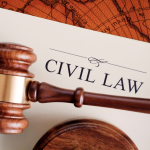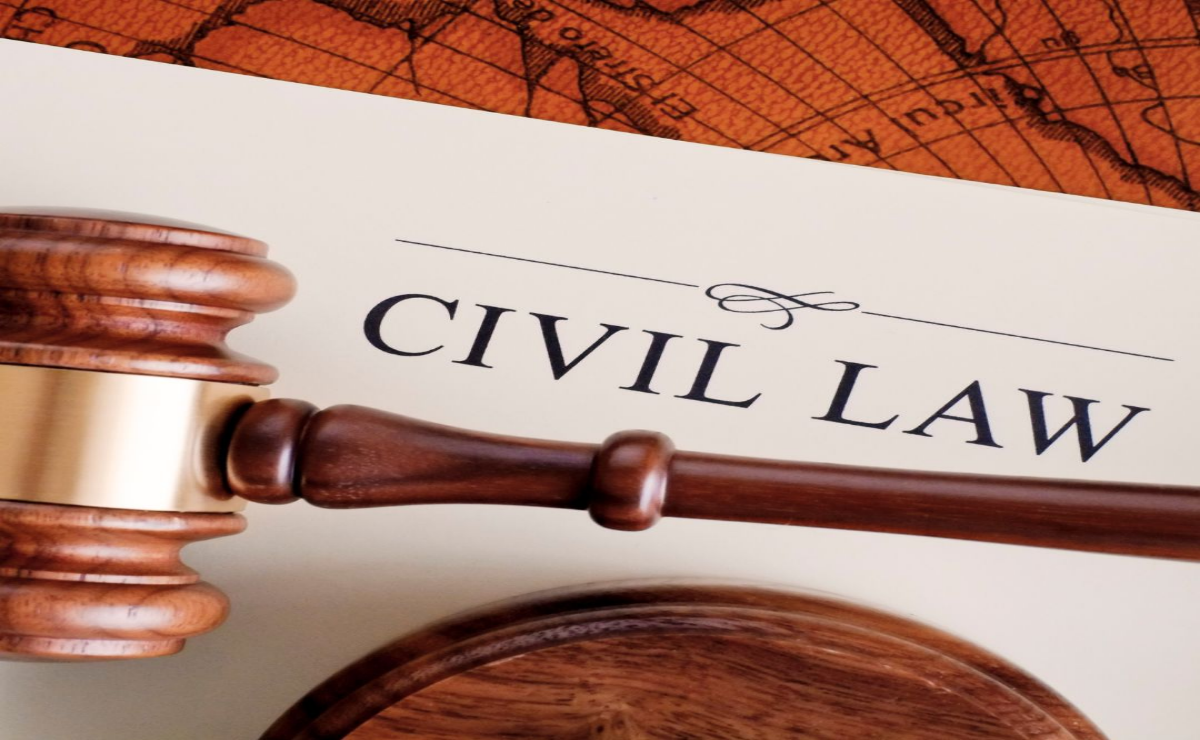
Civil Law Hub: Your Guide to Legal Rights and Remedies
Civil law deals with legal disputes between private individuals or organizations, rather than criminal offenses. It covers a wide range of issues, including contracts, property rights, torts (like personal injury), and family matters such as divorce and child custody. The goal of civil law is to resolve conflicts and provide remedies, typically through compensation or other forms of restitution. Unlike criminal law, which involves the state prosecuting offenses, civil law allows individuals to seek justice and enforce their rights in a fair and structured manner.

Legal Foundations for Corporations: Expert Insights in Corporate Law
Corporate law governs the formation, operation, and governance of businesses, ensuring legal compliance and protecting stakeholders' interests. It covers key areas such as business structure formation, corporate governance, and complex transactions like mergers and acquisitions (M&A). Corporate lawyers help businesses navigate legal requirements, manage risks, and ensure ethical and transparent decision-making. Whether forming a new company, handling corporate disputes, or structuring major deals, corporate law is essential for business success and growth.
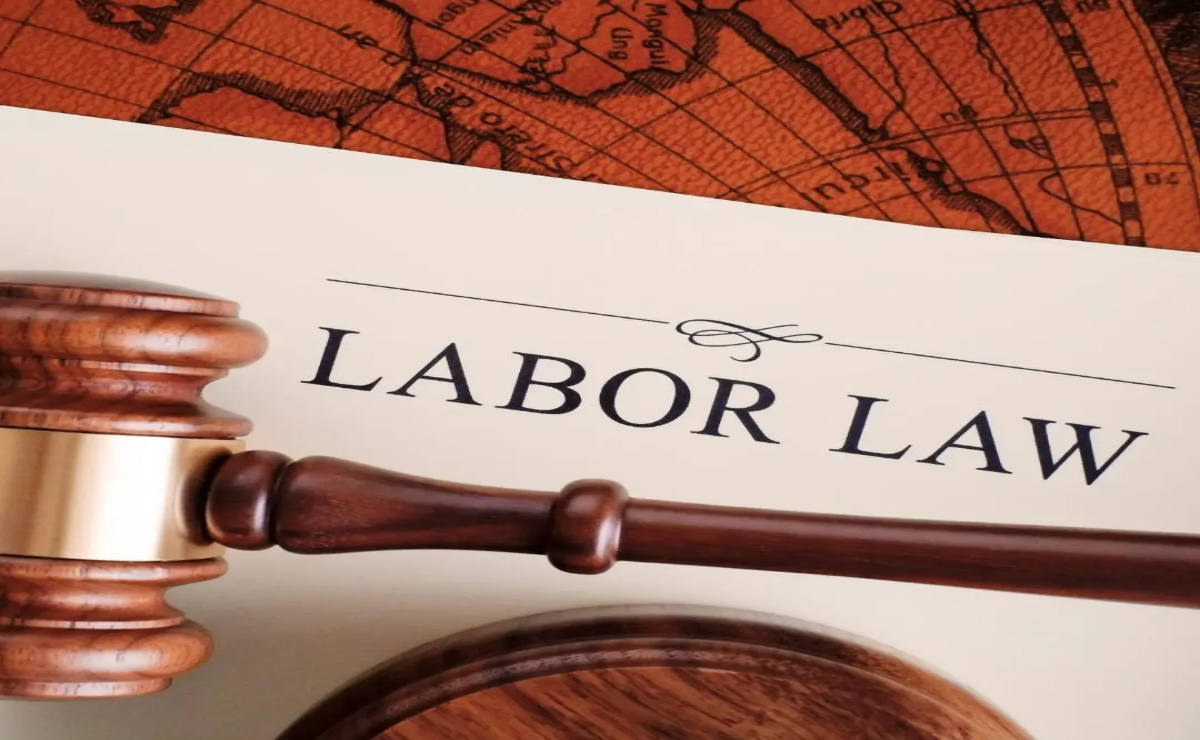
Employee Rights and Employer Obligations: A Guide to Labour Law
Labour law regulates the relationship between employers and employees, ensuring fair treatment and protecting workers' rights. It covers areas such as employment contracts, wages, working hours, workplace safety, and protection from discrimination. Key provisions include safeguarding against unfair dismissal, ensuring equal pay, and upholding the right to unionize and engage in collective bargaining. By setting clear standards, labour law helps create a balanced and fair work environment while promoting compliance and preventing legal disputes.

The Criminal Justice System: Laws, Rights, and Legal Remedies
Criminal law governs offenses against the state or public and defines the legal process for prosecuting crimes. It covers a wide range of offenses, from minor infractions to serious crimes like theft or murder, with the goal of deterring criminal behavior and ensuring justice for victims. The criminal justice system involves stages such as investigation, trial, and sentencing, where the prosecution must prove the defendant's guilt beyond a reasonable doubt. Legal defenses like self-defense or lack of intent can impact case outcomes. Ultimately, criminal law aims to balance punishment with fairness and due process to protect both society and individual rights.
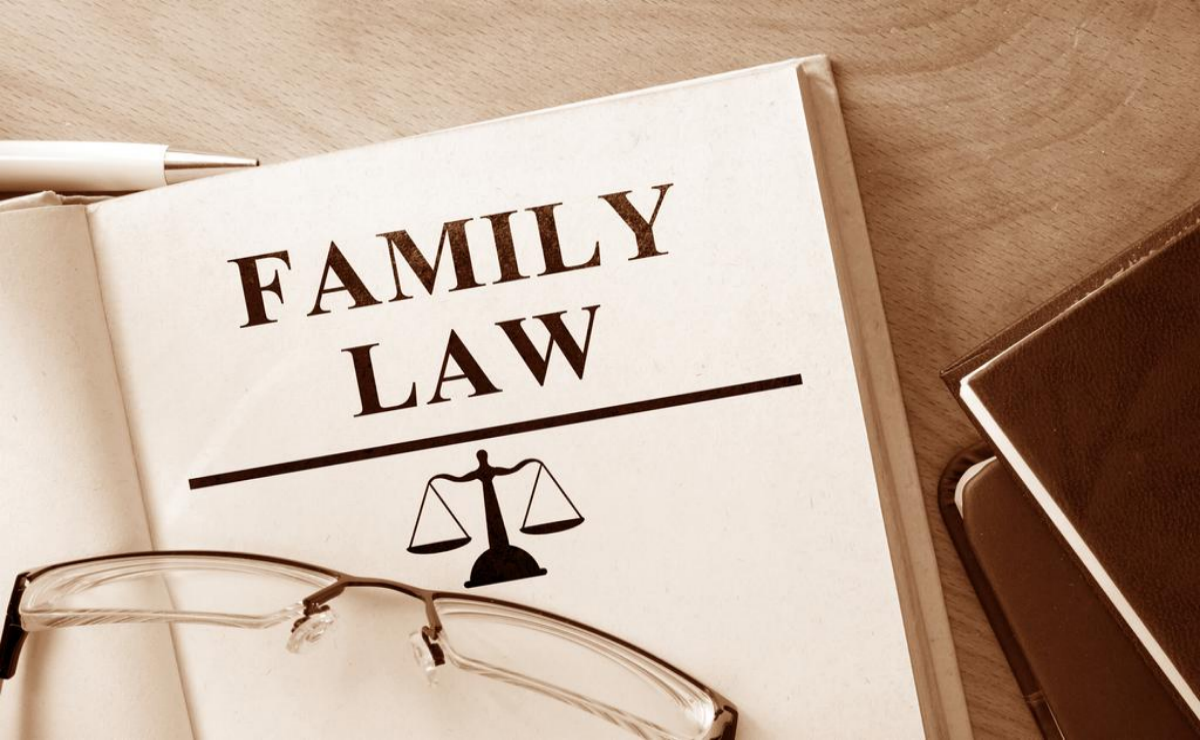
Family Law Explained: Your Guide to Divorce, Custody, and Support
Family law addresses legal matters related to family relationships, such as marriage, divorce, child custody, adoption, and domestic violence. It provides the framework for resolving disputes and protecting the rights of individuals within the family unit. Key issues in family law include divorce proceedings, child custody arrangements, child support, and visitation rights, all aimed at ensuring fairness and the well-being of all parties, especially children. Family law plays a vital role in guiding individuals through sensitive personal matters, offering legal protections and remedies to navigate challenging situations.
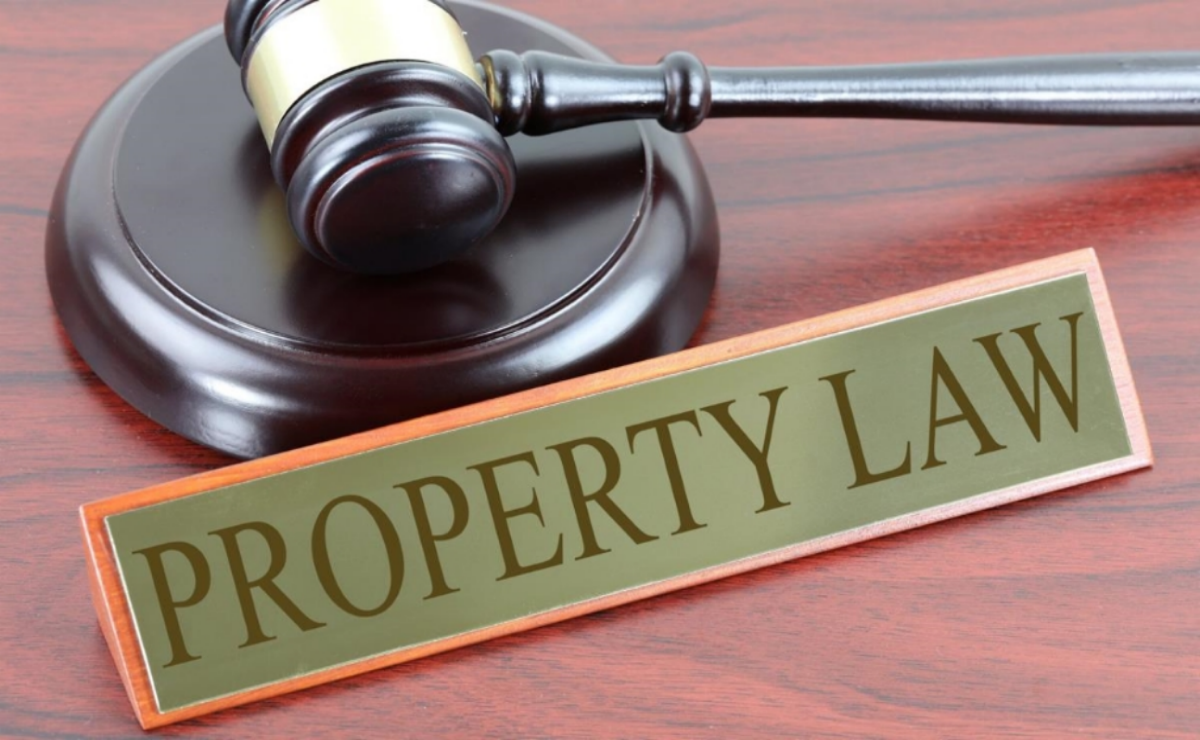
Property Law: Protecting Your Rights in Real Estate and Ownership
Property law governs the rights and responsibilities associated with owning, using, and transferring property. It covers a range of issues, including buying and selling real estate, leasing, and resolving property disputes. Key aspects include ensuring legal ownership during transactions, handling landlord-tenant relationships, and addressing zoning regulations. Property law also plays a vital role in resolving disputes over boundaries, easements, and property damage, providing legal solutions to protect and enforce property rights. Understanding property law is essential for safeguarding assets and ensuring smooth transactions in real estate.
